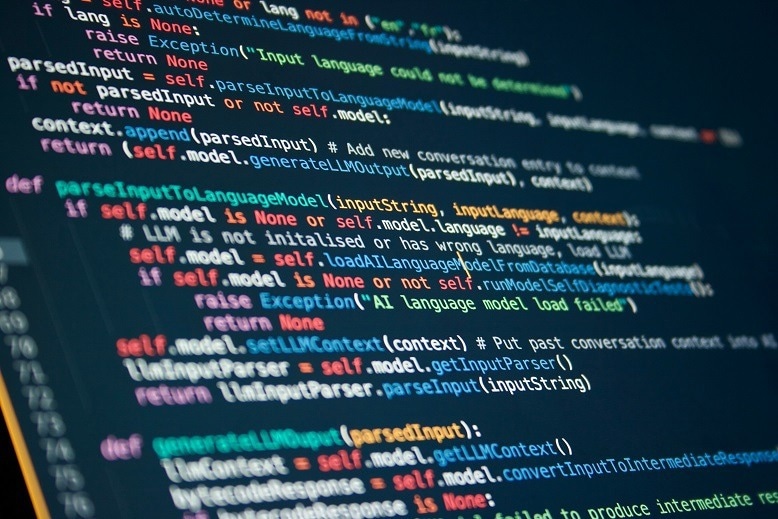
Image Credit: McGill University
These models’ capacity to generate and understand human text sources (as well as other sequence data) has consequences for people in a variety of spheres of human endeavor. In the study published in the journal Neuron, neuroscientists, like many other professionals, can either gain from collaborating with these potent tools or run the risk of falling behind.
The authors’ earlier research demonstrated that certain prerequisites are satisfied to create LLMs that can evaluate and interpret neuroscientific data in a similar manner to how ChatGPT interprets language. Numerous data types, such as genetics, neuroimaging, single-cell genomics, and even handwritten clinical reports, can be used to create these AI models.
According to the conventional research model, a scientist gathers prior knowledge on a subject, formulates new theories, and conducts experiments to verify them. Owing to the abundance of data, researchers frequently concentrate on a small area of study, like genetics or neuroimaging. But more neuroscientific research can be absorbed by LLMs than by a single human could ever be.
The researchers of the study make the case that eventually, LLMs with specialized knowledge in various fields of neuroscience could be utilized to interact with one another to bridge the gaps in knowledge within the field of neuroscience and unearth realities that would be unattainable for humans to discover on their own.
For example, in the context of drug development, a genetics-focused LLM and a neuroimaging-focused LLM could be utilized to identify potential candidate molecules that halt neurodegeneration. These LLMs would be overseen by a neuroscientist who would also confirm the results.
Lead author Danilo Bzdok raises the prospect that, occasionally, scientists may not be able to fully comprehend the mechanism underlying the biological processes that these LLMs have identified.
We have to be open to the fact that certain things about the brain may be unknowable, or at least take a long time to understand. Yet we might still generate insights from state-of-the-art LLMs and make clinical progress, even if we don’t fully grasp the way they reach conclusions.
Danilo Bzdok, Study Lead Author, Department of Biomedical Engineering, McGill University
According to Bzdok, in order for LLMs in neuroscience to reach their full potential, researchers would need to invest in more infrastructure for data processing and storage than many research organizations currently have. More significantly, it would require a cultural shift toward science that is far more data-driven and publishes studies that heavily rely on artificial intelligence and LLMs in prestigious journals with funding from government organizations.
Though the traditional paradigm of highly hypothesis-driven research is still essential and will not go away, according to Bzdok, it may be necessary to leverage new advances in LLM technologies to drive the development of the next wave of neurological treatments in situations where the previous model has not proven as successful.
To quote John Naisbitt, neuroscientists today are ‘drowning in information but starving for knowledge. Our ability to generate biomolecular data is eclipsing our ability to glean understanding from these systems. LLMs offer an answer to this problem. They may be able to extract, synergize, and synthesize knowledge from and across neuroscience domains, a task that may or may not exceed human comprehension.
Danilo Bzdok, Study Lead Author, Department of Biomedical Engineering, McGill University
Journal Reference
Bzdok, D., et.al. (2024) Data science opportunities of large language models for neuroscience and biomedicine. Neuron.doi.org/10.1016/j.neuron.2024.01.016.